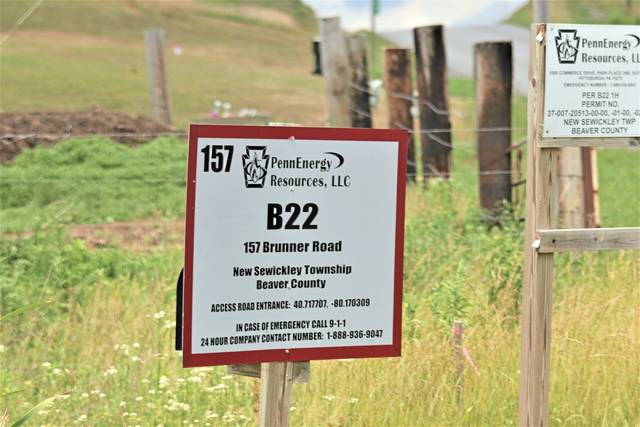To the seriously stricken airline, hospitality and tourism industries felled by covid-19, add Pennsylvania’s less visible but equally vital oil and gas industry. The viral plague that has slashed economic growth has crippled demand for fossil energy. From Texas oil wells to shale fields in Pennsylvania, producers are facing what experts describe as a “staggering decline” in demand.
The estimated 32,000 jobs in the commonwealth tied to the Marcellus Shale are clearly vulnerable. As hobbled producers look down the barrel of oil priced below their production costs, they now confront climate activists who see an opportunity to shoot the wounded.
Start with Joe Biden’s tacit endorsement of the Green New Deal, the controversial plan to ban fossil energy. Biden pledged as president he would ban all new oil and gas development on federal lands and offshore, instantly winning support from greens eager to keep fossil fuels in the ground.
Accelerating the decline of oil and natural gas may forestall climate progress, but the more likely outcome will be further misery in the post-covid-19 economy without a commensurate benefit for the environment.
When the oil industry suffers, communities across the country suffer. The Green New Deal was widely considered impractical before the virus collapsed energy demand and forced steep cuts to production and payroll. Now, in an economy buckling under heavy debt, massive unemployment and legions of newly poor, its costs will be doubly injurious.
If killing the oil industry is questionable, so is the stated reason for doing so. Since 2005, carbon emissions have declined by 28% after natural gas from shale production displaced coal in power generation. The covid-19 shutdown could reduce carbon emissions sufficient to erase emissions growth in the last 10 years. Simultaneously, cleaner fuels are rapidly gaining market share. Next year, wind and solar power will generate more electricity than coal and nuclear power together.
Climate activists, invested in disaster, too often ignore the swelling support for climate action from once prominent climate skeptics. “To ignore it (climate change) is politically stupid,” says former Pennsylvania GOP senator Rick Santorum, a convert to clean technology via market-based policy. Meanwhile, oil majors like Chevron and utility giants like Southern Company have set net zero emissions targets.
Enthusiasm for renewable energy is understandable. But it shouldn’t blind us to its limitations. There are no scalable substitutes for fossil fuels that provide 24/7 electricity. The falling cost of renewable energy doesn’t help when the wind and sun aren’t cooperating. Nor have renewable energy projects avoided covid-19-related supply chain disruptions. Up to 30 gigawatts of wind and solar projects will be stillborn this year, say industry analysts.
One important objection to banning oil and gas in the post-covid-19 economy is the the least understood. The pandemic has foreshadowed rising nationalism and heightened great power rivalry, forcing nations to lessen reliance on global supply chains for key commodities like energy supply. Re-shoring production of vital resources can control or disrupt their use by rival powers.
Against the risks and uncertainties that lay ahead, a robust domestic energy is a valuable insurance policy. Now is not the time for utopians to cancel it.
Luke Popovich is a Washington-based energy writer and lecturer and a former spokesman for energy, mining and forest products industries.








